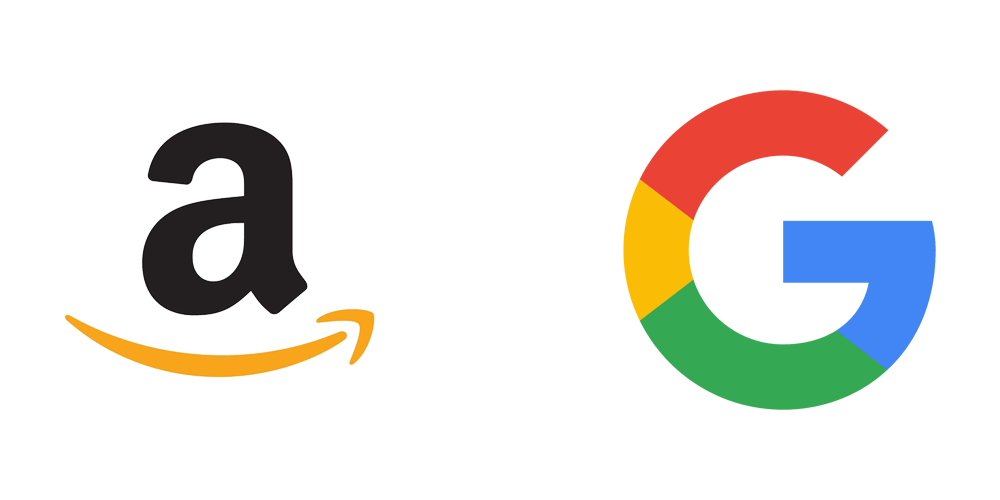
Whatever we do that involves the internet, involves our data being transferred from our devices to elsewhere around the globe to some companies' servers.
Putting aside our smartphones. Smart home devices also send our data to their creators. Amazon with Alexa and Google with Home and Assistant, admit that they have listened to users' voice recordings over the years to improve their service.
These two companies hire third-party contractors to listen to anonymized user audio clips for the purpose of improving the AI behind their respective assistant's capabilities.
While some people may not worry about such things. But for those who care about privacy, this can be disturbing.
The questions that need to be asked:
- "What are these companies doing with our data?"
- "How far will they go to protect it?"
- "What data are they sharing with third parties"

According to Amazon:
"All information is treated with high confidentiality and we use multi-factor authentication to restrict access, service encryption, and audits of our control environment to protect it."
The spokesperson added that neither its employees or the third-party contractors can directly access the identifying information about the people or accounts associated with the recordings.
A similar answer is stated by Google:
"Reviewers are directed not to transcribe background conversations or other noises, and only to transcribe snippets that are directed to Google."
"We restrict access to personal information to Google employees, contractors, and agents who need that information in order to process it. Anyone with this access is subject to strict contractual confidentiality obligations and may be disciplined or terminated if they fail to meet these obligations."
Google added that the audio samples its contractors listen to, only amount to about 0.2% of all recordings. The company is also not allowing either its employees or its contractors to access any of users' identifiable information.
And for the reasons why these companies and their contractors ever have to listen to recordings, Amazon answered:
"We annotate a fraction of one percent of interactions from a random set of customers to improve the Alexa experience for customers."
As for Google:
"These language experts review and transcribe a small set of queries to help us better understand those languages. This is a critical part of the process of building speech technology, and is necessary to creating products like the Google Assistant."

To those that concern their privacy, the control Amazon and Google have on their products, and users, can be alarming.
The two companies' voice assistants are great to different heights, and they can be very useful. Nobody can blame anyone for willing to trade their data with a company they feel comfortable with, in order to receive convenience into their lives.
As a matter of fact, with our smartphones and other internet-connected devices, it's nearly impossible to live without trading our data for something else.
While tech and internet companies usually defend themselves by saying user data is needed to improve experience, the fact can be far from that. In Google's case for example, the benefit is mostly theirs, because the company lives on ads, and personalization is the key for understanding what user wants.
Read: How Google Wants To Start Monetizing Its Google Assistant-Powered Devices
What you should know here is that, you need to assume that in one way or another, some people may hear what you've said to your digital assistants.
The question you need to answer is: "Is my privacy harmed?"
Smart assistants have 'voice commands' to trigger them on. Alexa for example, users need to say "Alexa" for it to start listening. And for Google, users must say "Hi, Google", or "OK, Google". From there, users can simply use their voice to get weather information, commute data, getting information from the internet, listen to songs, control smart appliances and more.
These companies are collecting and retaining voice recordings and transcripts, in some cases indefinitely. In short, you have no place to hide.
If you're fine with Amazon and Google, and their contractors in listening to what you say, then you're good to go. But if think that your privacy is breached, then it's wiser for you for not ever purchasing internet-connected voice assistants.
